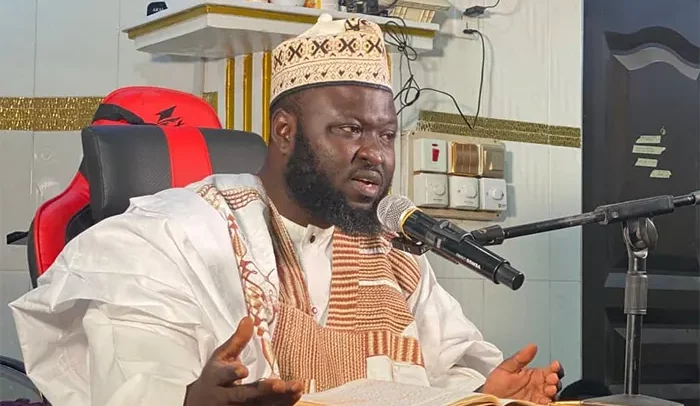Dr. Abdul-Mushin Baafi
A recent statement by the Minister for Education, Haruna Iddrisu, has sparked widespread public debate after he declared that government “will not tolerate long hair in schools today or tomorrow.”
The remark, made in response to growing discussions about whether new female students should be compelled to cut their hair upon admission into Senior High Schools (SHS), has drawn sharp criticism from religious leaders, educationists, and parents.
Many have described the minister’s stance as an infringement on students’ rights to religious and cultural expression.
Dr. Abdul-Muhsin Baafi, an Islamic scholar, described the minister’s comment as “unfortunate and troubling,” arguing that the enforcement of such a policy serves no meaningful educational purpose.
“What educational value does cutting a student’s hair provide?” he questioned. “How does keeping one’s natural hair interfere with learning or discipline?”
Dr. Baafi stressed that Ghana’s 1992 Constitution guarantees freedom of religion and expression, and that any policy disregarding these fundamental rights could alienate certain groups.
He further explained that compelling Muslim girls to shave their hair is contrary to Islamic teachings, which prohibit women from shaving their hair except for legitimate medical reasons.
“In Islam, a woman’s hair is part of her dignity and identity. Muslim girls cover their hair as a sign of modesty and faith. Forcing them to shave undermines their religious obligations,” Dr. Baafi said.
Quoting various hadiths and rulings from Islamic scholars, he emphasised that the policy, if implemented, would directly conflict with the religious principles of many Muslim families.
Dr. Baafi urged the Ministry of Education to engage in broader consultations with religious leaders, parents, and education experts before introducing or reinforcing any policy that touches on students’ personal identity or beliefs.
“In many countries, female students attend school with their natural hair without any impact on discipline or academic performance,” he noted and added, “Education should be about nurturing knowledge, discipline, and character—not enforcing conformity at the expense of faith and culture.”
The debate over students’ hair in Ghanaian schools has been ongoing for years, often reflecting deeper tensions between institutional discipline and personal freedom.
Observers say the controversy highlights the urgent need for a comprehensive review of school policies to ensure they reflect Ghana’s cultural diversity, respect for human rights, and commitment to inclusive education.
FROM David Afum, Kumasi


